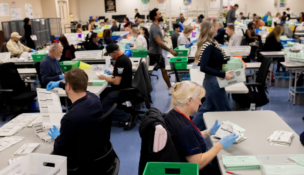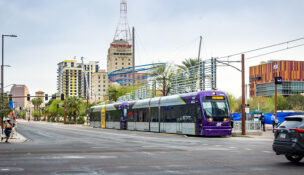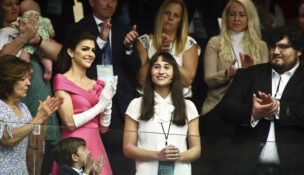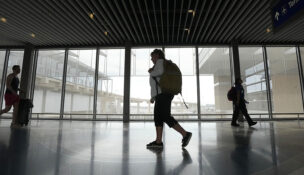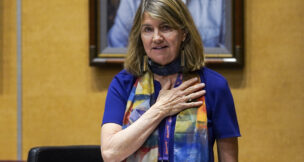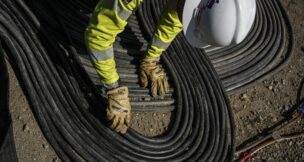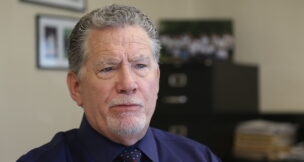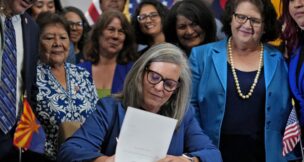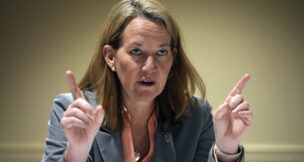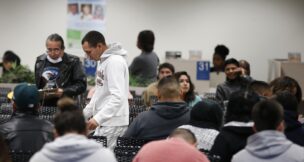When the world stopped turning, we kept writing
Alison Bethel, Guest Commentary//September 11, 2025//
When the world stopped turning, we kept writing
Alison Bethel, Guest Commentary//September 11, 2025//
On the morning of Sept. 11, 2001, I had laid out a suit for work. By the time I realized what was happening, I left that suit behind. Jeans, a shirt — that would do. I didn’t have time for starch and polish. My car was blocked in, so I set out on foot toward the National Press Club, walking fast through the thick Washington air, hoping to catch a cab, my mind already racing faster than my feet.
The television anchors were still stumbling over their words when I left my 16th Street apartment. A plane had flown into the World Trade Center, they said. Then another. By the time the Pentagon was struck, it was clear this wasn’t a tragic accident but a coordinated nightmare unfolding in real time.
At the ripe age of 35, I was the Washington bureau chief for The Detroit News. My job was to guide, to lead, to marshal coverage for readers in Michigan while the very city I lived in went into lockdown.
When I walked into the bureau, I was the first one there. Minutes later, our office administrator, April, appeared, her face mirroring my own disbelief. My reporters were stranded outside the city, trains halted, streets sealed, the capital vibrating with fear. It would be some time before they could make it in. I told one not to bother; to head straight to New York before the trains stopped running.
Inside the National Press Club, there was a strange stillness. Phones rang, but connections failed. Televisions hummed with images no one wanted to believe were real — towers collapsing, people running, smoke rising in grotesque plumes. I can still hear the silence that settled between the sirens.
As journalists, we are trained to run toward the story, not away from it. That day, the running was literal and figurative. We scrambled for facts, for sources, for clarity in the chaos. Every word we wrote carried the weight of a grieving nation. I had covered politics, policy, the machinery of government — but never the machinery of tragedy grinding so loud, so close.
What I remember most, though, is not just the fear. It is the faces. The veteran staffers in my bureau, trying to make calls that wouldn’t go through but refusing to stop dialing. The Americans who lined up to give blood, even as officials quietly admitted there might be few survivors to save. The way neighbors, strangers, colleagues spoke softly to each other, as if the volume of our voices might break what was left of the world. The way the rest of the world rallied in the public squares, in front of their government buildings and sacred monuments in support of America. It was breathtaking.
In 45 years of journalism, I have covered conflicts, hurricanes, serial rapists, elections and scandals. But nothing — nothing — compared to that day. It was not the biggest story of my career. It was the most human.
And it changed me. It changed all of us who held pens, pressed recorders, shouldered cameras. We were no longer chronicling events from a safe remove. We were living inside the story, tasked with capturing its shape while we were still bleeding from its edges.
Twenty-four years later, the memory is still sharp. The jeans I pulled on. The blocked car. The walk to the bureau. The empty sky above Washington after all planes were grounded. The uneasy question we asked ourselves as journalists and as citizens: What comes next?
The answer, in many ways, is still being written. But I know this: On that day, when the world seemed to stop turning, we kept writing. And that mattered.







